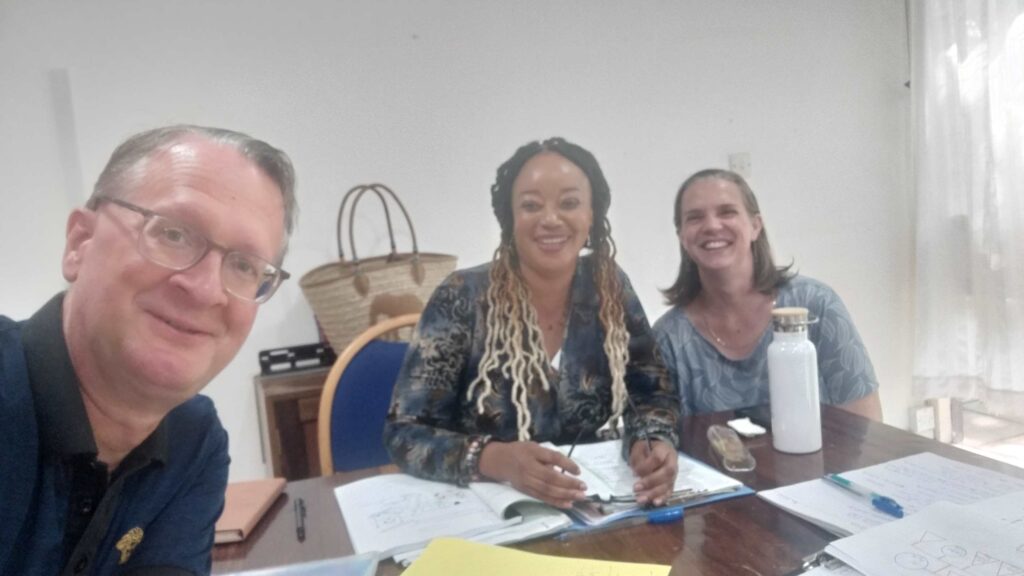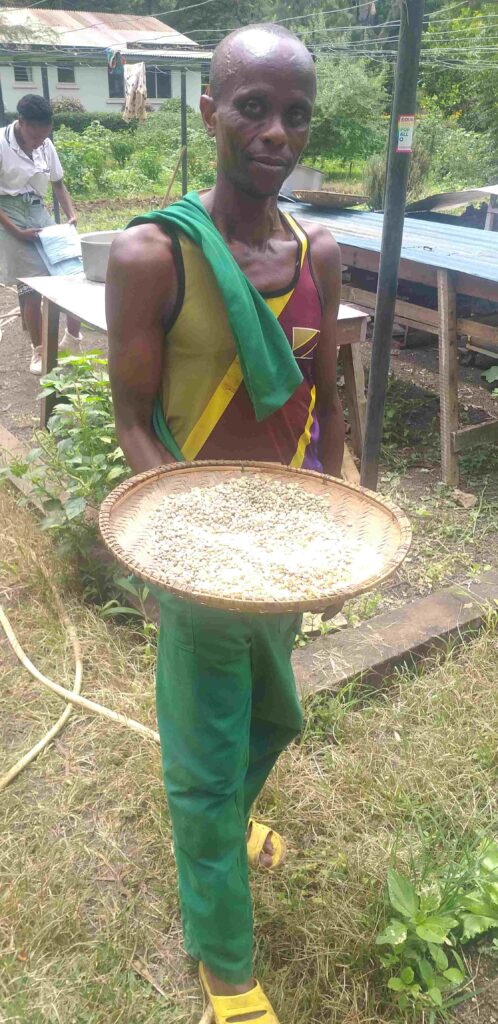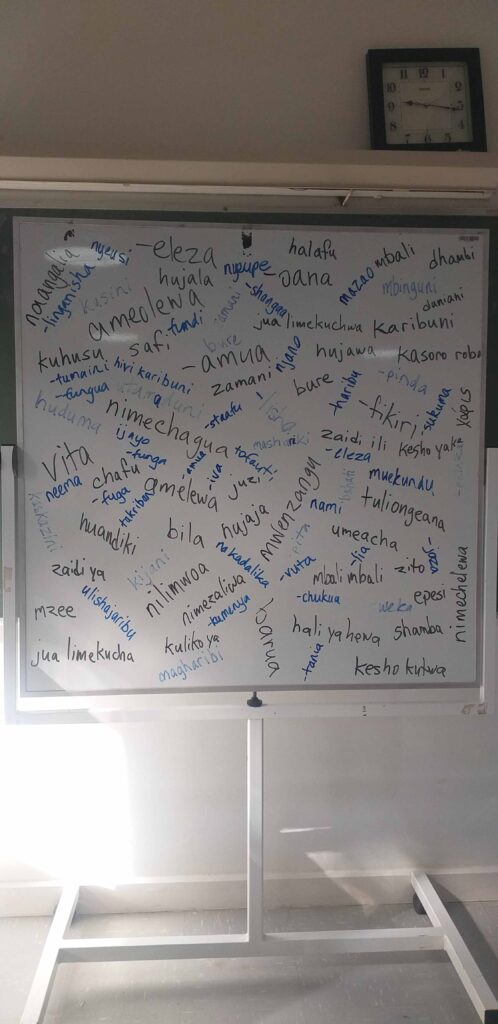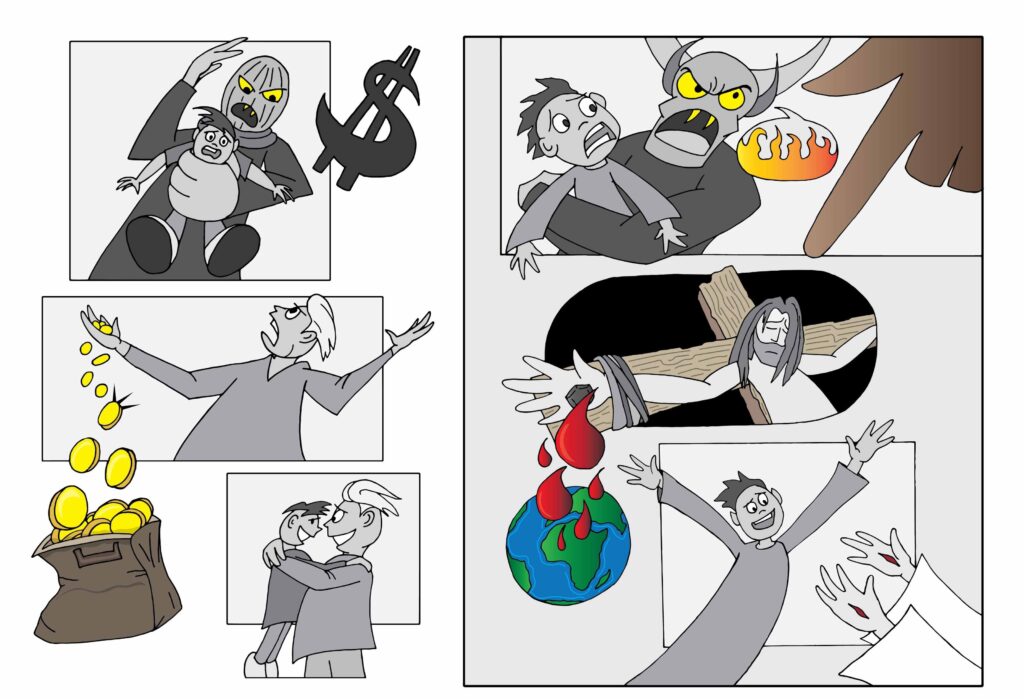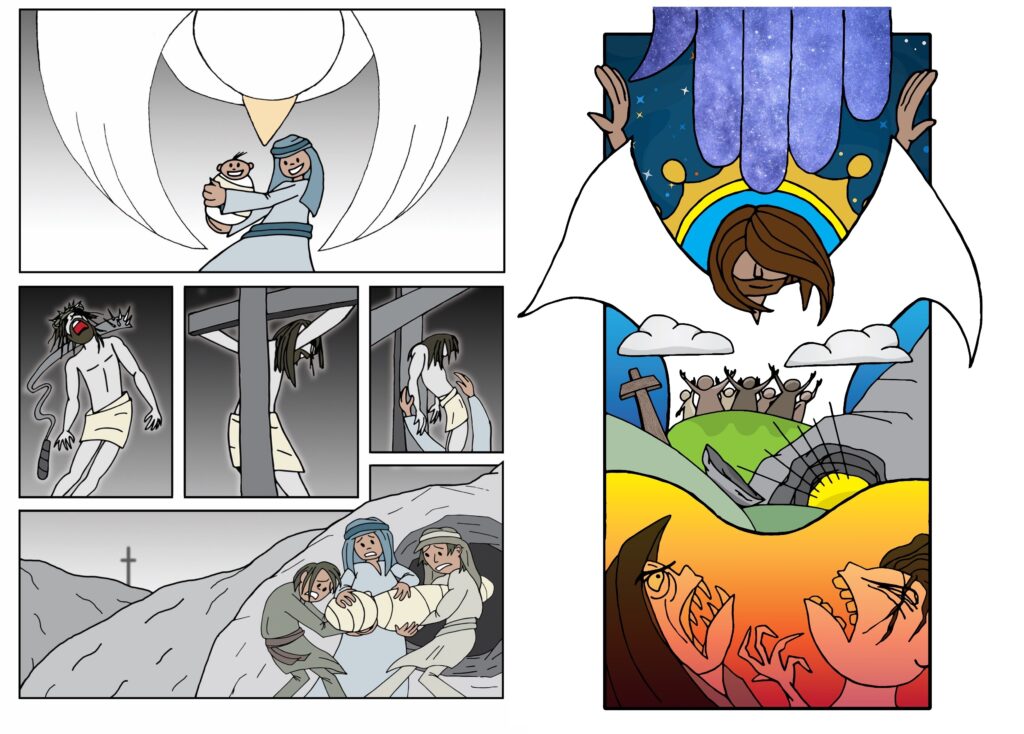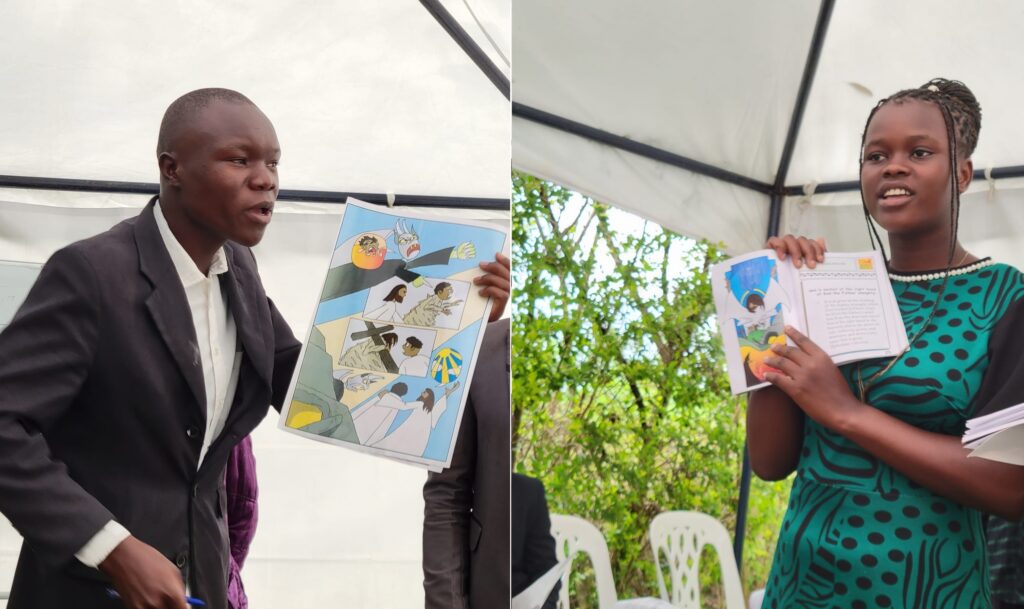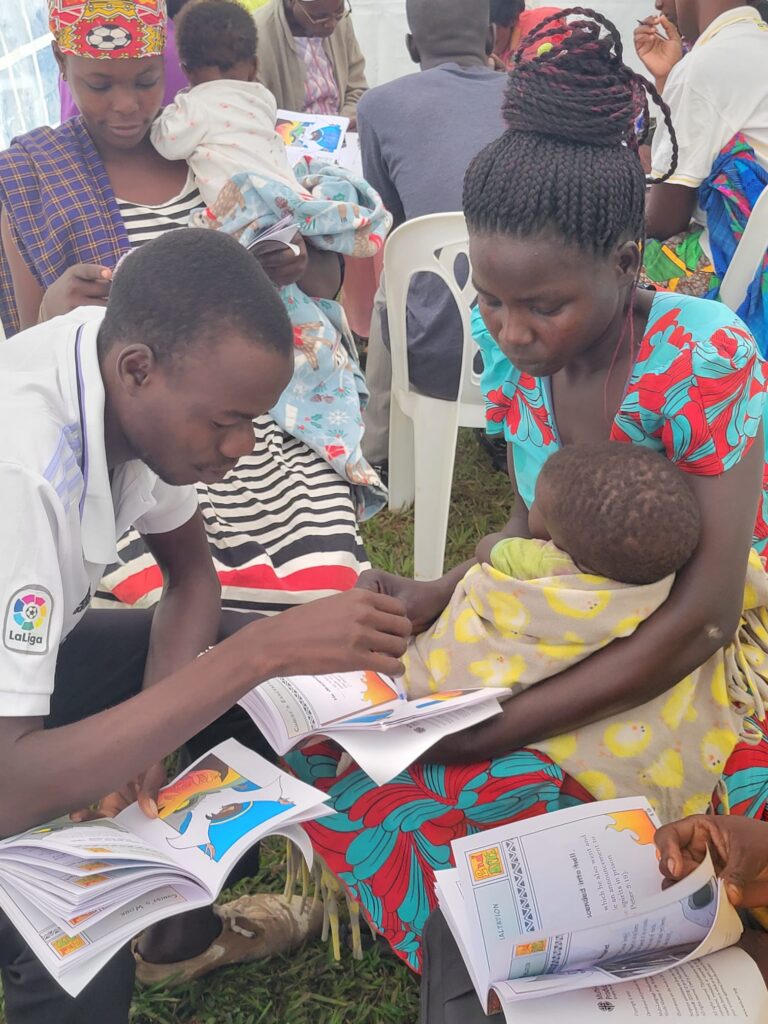Immersion Matters
Immersion matters! Now wait, before you go crying “Heresy!” on me, understand what I mean. I’m not talking about baptism here. I’m talking about language immersion—in this case, French language immersion.
For 3 weeks in January, I left my home in Zambia to live in and study French in Lyon, France. I lived in the 21st-century equivalent of a monk’s cell in a big apartment building. I rode the trams and the subway to and from my language school each day. In Zambia, it was summer, and (as always) it was blazing hot. Since I’m a Canadian, it was a pleasure to experience Northern Hemisphere winter again (although I didn’t have a coat to take along with me from Africa).
Food Immersion
Cheese is my favorite food, and France is pretty much the Valhalla of cheese. I would love to tell you about the many varieties of cheese I consumed along with slices of Lyonnaise rosette sausages or Corsican coppa ham on baguette. But this article is supposed to be about language immersion. Besides being a great place to be immersed in cheese, Lyon is also a great place to be immersed in the French language. The second-largest city in France, Lyon lies at the confluence of the Saône and Rhone rivers, and it has a standard metropolitan French accent.
So, why was a standard accent important for me? My job as a missionary takes me to many French-speaking countries of Africa: Cameroon, the Democratic Republic of the Congo, and Benin, for example. I also work with French-speaking Lutherans from countries that I’m currently not able to visit, such as Togo and Burkina Faso. Having lived in Ottawa, Canada, for 9 years, I can tell you that the African French accents are much closer to a standard metropolitan (i.e., European) French accent than anything I ever heard in Canada. So, I went to France to study and practice French for 3 weeks because it has the variety of French that all the African forms are based on.

Linguistic Leap Forward
In Lyon, I did not only study all morning and afternoon in a French school. I also went out and used my French around town. Going to board game clubs and shops. Eating at a traditional mom-and-pop style restaurant called a “bouchon”. Helping several French people locate different books they were looking for in the big, huge FNAC bookstore. Joking about the strange, spaceship-like public toilets with folks waiting for their family members to come out. Shopping for a coat in the mall at the Superdry store. I’m figuring out how to get my cell phone working at the Orange shop.
Immersion was a great experience. I’d never been to France before, so it was amazing to hear French all the time and to get used to listening to and speaking nothing but French. My ear has picked up the pace since my immersion, and so has my ability to express my own “very deep” thoughts—JK!—in French. I think it will be a big benefit if I can go back for another round of immersion sometime next year. But my best French immersion is coming up in March—with a trip to visit Lutherans from Benin and Burkina Faso—and in April—with a trip to teach a workshop on Luther’s small catechism in the Congo. For then, I will truly have great content to communicate in French: the true message about Jesus Christ! I can’t wait to take along the cool new bible I picked up in France.
Please pray for those working in fields that are ripe for harvest. Share their story, engage with future news, and receive updates. Learn more about our mission fields in Africa and how the Holy Spirit is working faith in people’s hearts at https://wels.net/serving-others/missions/africa
